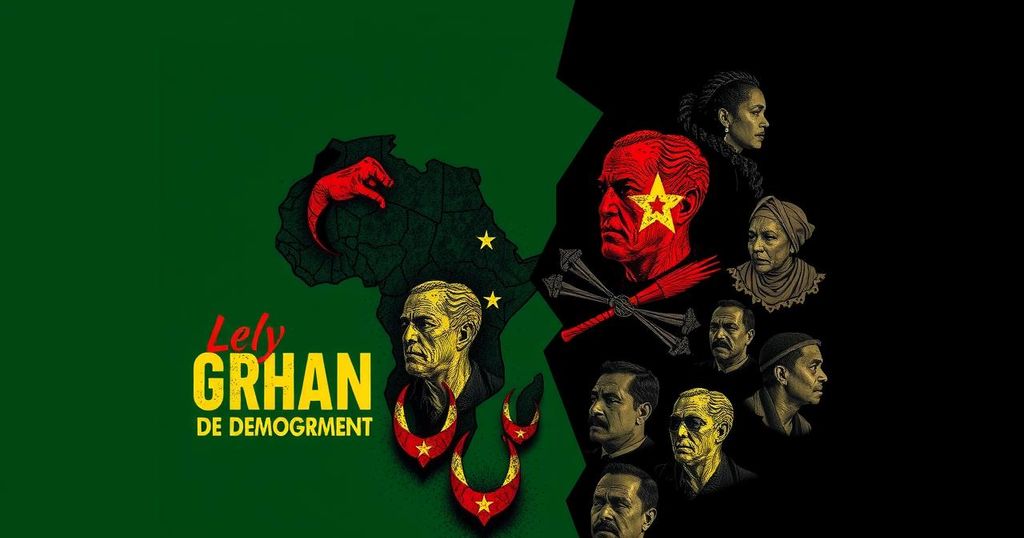The Executive Director of CenPOA, Michael Donyina Mensah, warns that voting based on tribal and religious lines threatens Ghana’s democracy and hinders development. He advises voters to prioritize competence and integrity over affiliations to foster accountability in governance and national progress.
Michael Donyina Mensah, the Executive Director of the Centre for Public Opinion and Awareness (CenPOA), has cautioned that voting based on tribal and religious affiliations poses a significant threat to both the democracy and development of Ghana. He emphasized that such practices impede progress by obstructing the election of competent leaders and undermining accountability in governance. Mr. Mensah highlighted research findings indicating that tribal and religious voting denies citizens the transformative change necessary for improving living standards.
In his address on Frontline on Rainbow Radio 87.5FM, he critiqued the tendency to prioritize ethnic and religious connections over qualifications and integrity when casting votes, labeling this trend as detrimental to national unity and advancement. He urged Ghanaian voters to focus on policies and the integrity of candidates rather than tribal affiliations. This approach, he argued, is essential in electing responsible leaders who are committed to the development of the nation and adherence to constitutional guidelines.
Furthermore, he pointed out that the framers of Ghana’s constitution had safeguards against the formation of political parties based on tribal and religious lines, yet such practices persist, complicating the country’s growth and stability. The affirmation of political loyalty based on non-objective factors, he explained, blurs the expectations citizens should have of their elected officials. Therefore, by advocating for votes based on competence, accountability, and adherence to fiscal discipline, Mr. Mensah underscored the importance of conscious electoral decisions to drive progress in Ghana.
The topic of voting along tribal and religious lines is a pressing issue in Ghana, shedding light on how such practices can disrupt national cohesion and hinder development. This discourse is critical as it raises concerns regarding the election process where qualifications and competency should be prioritized over ethnic and religious identities. Mr. Donyina Mensah’s warnings reflect broader apprehensions about political affiliations that are founding upon communal identities rather than the ethical and proficient management of the country.
In conclusion, Michael Donyina Mensah urges the Ghanaian populace to recognize the detrimental effects of tribal and religious voting on democracy and development. By prioritizing electing competent and accountable leaders, the nation can foster national unity and achieve significant progress. He calls for an electoral focus that aligns with the constitutional principles set forth to ensure that the country does not regress due to divisive loyalties.
Original Source: www.ghanaweb.com






